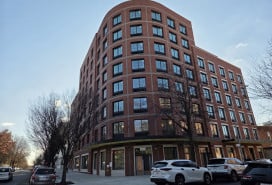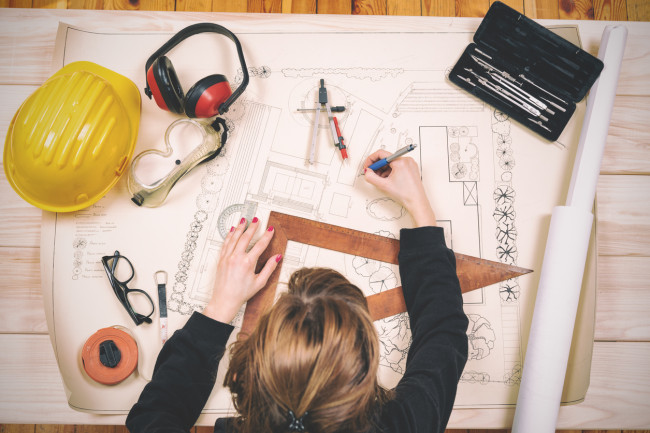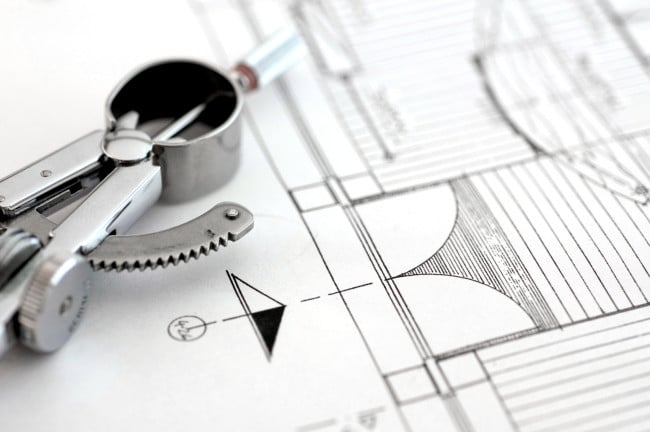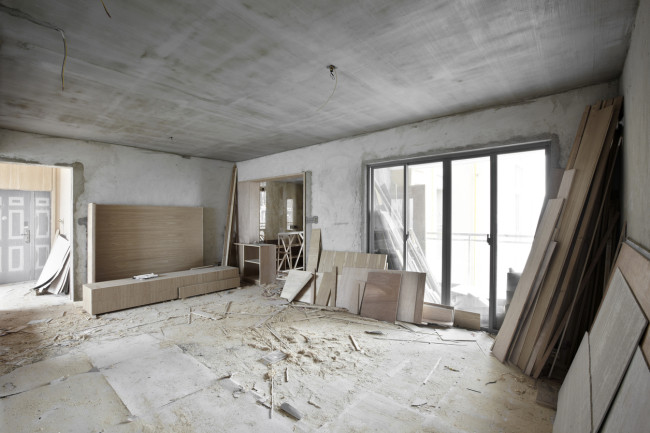When something goes wrong in a co-op, what repairs are covered by the building?
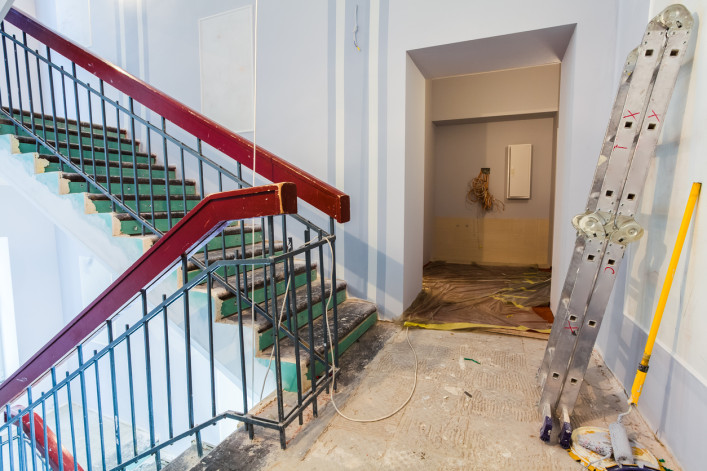
I'm thinking of buying a co-op, but unclear on some of the financial responsibilities—if there's a problem in my apartment (a leak, electrical issues, etc.), what am I responsible for paying for, and what will the co-op cover?
As a rule, you can expect to be responsible for almost everything within your apartment, say our experts, while the co-op will cover everything on the outside. However, you should check the details of your proprietary lease to see your building's specific policies on the matter.
"Generally, the proprietary lease provides that repairs inside the four walls of the apartment are the responsibility of the owner—holes in the walls, pipes that come out of the walls from the sink, electrical outlets, holes in the floors, kitchen cabinets, " says Kevin McConnell, an attorney with Himmelstein, McConnell, Gribben, Donoghue, & Joseph LLP (a Brick sponsor). That said, if the repair in question might affect (or be caused by) a problem with a building-wide system such as electrical or plumbing, says McConnell, you'll want to check your proprietary lease and contact the managing agent before moving forward.
Most standard proprietary leases should include sections detailing "Lessor's Repairs" (in other words, repairs that are the responsibility of the building) and "Lessee's Repairs" (repairs that are the responsibility of the shareholder), adds Jeff Reich, an attorney with Schwartz Sladkus Reich Greenberg Atlas LLP. "Usually, the co-op is obligated to maintain the building and the central building systems (plumbing, electrical, HVAC) and the shareholder is obligated to maintain the interior of the apartment and all systems which exclusively service the apartment," says Reich. "However, there are variations (one of which is responsibility for apartment windows), so a purchaser should review the terms of a buliding's proprietary lease before purchasing an apartment."
A few other potential nuances can come up here, as well. "A leak caused by a building pipe is the responsibility of the building to repair, but the building doesn't have to repair anything cosmetic, such as paint or wallpaper," says Corcoran broker Deanna Kory. "And if there's an electrical issue that's caused by building wiring that was pre-existing and not installed by the shareholder-owner, the building would be responsible for any resulting damage, again, up until the decorative work."
The building may also be responsible for things they've installed in the apartment, such as the aforementioned windows, depending on the policies set forth in the proprietary lease, says Kory.
What your insurance will cover and what the building's will cover should fall roughly along these same lines, as well. "The building's master policy essentially pays for the outer shell of the apartment," explains Jeff Schneider of Gotham Brokerage (also a Brick sponsor). "You need your own policy to cover the internal structure; the surfaces of the walls and floors; the built-in fixtures in the kitchen and bathroom; and the value of any renovation work that has been done."
To nail down the specifics, advises Douglas Elliman Property Management's Thomas Usztoke, "share [the proprietary lease] with your insurance broker to ensure you have proper coverage."
Trouble at home? Get your NYC apartment-dweller questions answered by an expert! Send us your questions.
See all Ask an Expert.
You Might Also Like





